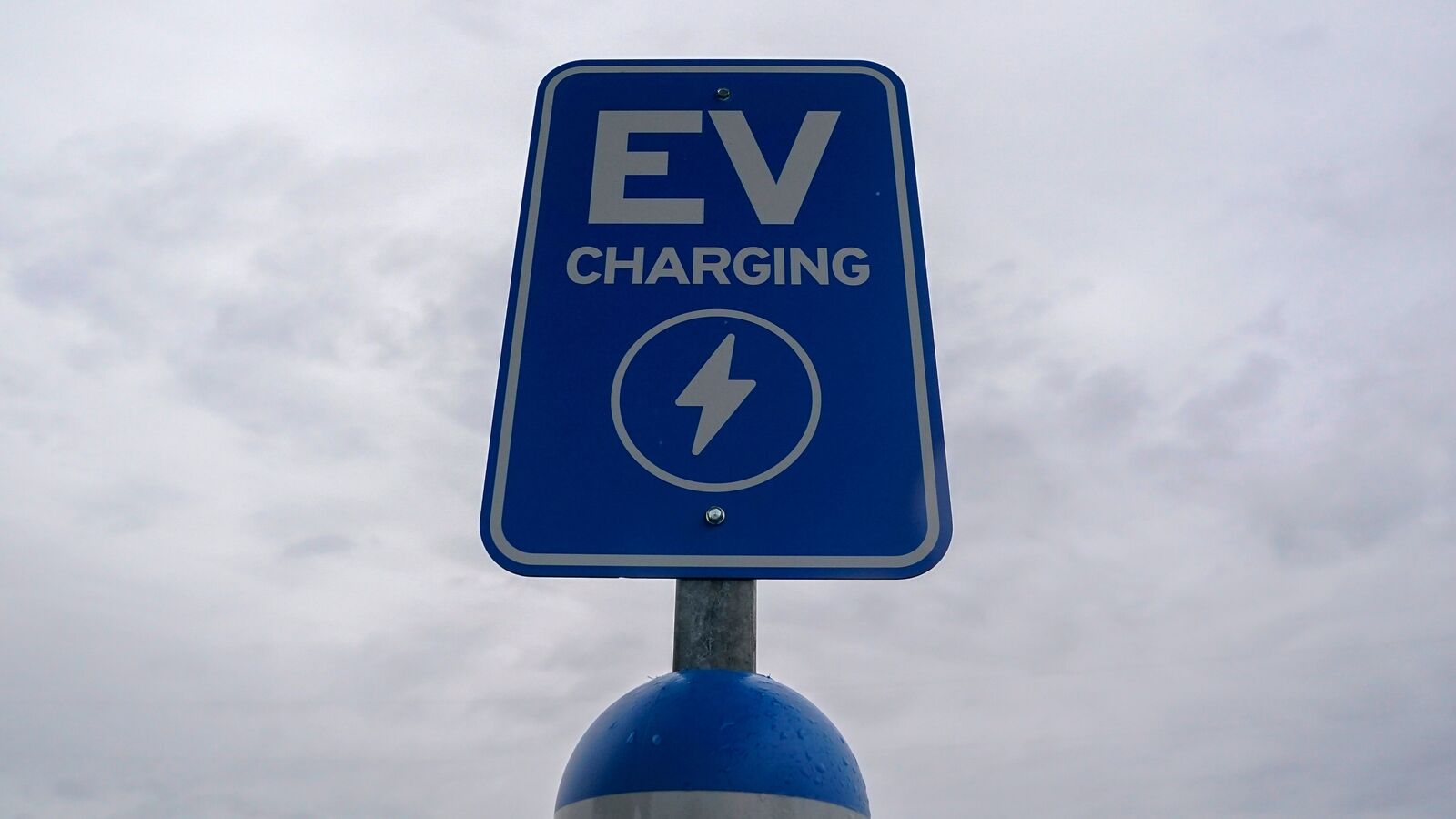New Delhi: The government introduced steep tax breaks about a year ago to lure global electric vehicle (EV) manufacturers to set up shop in India. Apart from indications that Elon Musk’s Tesla Inc. might be preparing to sell its cars in India, EV makers haven’t taken the bait.
Now, the Indian government is considering expanding the scheme to cover investments in charging infrastructure to make the policy more attractive to global EV manufacturers, people familiar with the matter said.
The Scheme to Promote Manufacturing of Electric Passenger Cars in India (SPMEPCI) was launched in March last year to encourage foreign automakers to set up production units. The scheme, notified in 15 March 2024, mandates a minimum investment of $500 million ( ₹4,150 crore) and requires carmakers to achieve 25% localisation within three years and 50% within five years.
In return, India will lower import duties on fully built EVs manufactured overseas by participating automakers. For instance, a car priced at $40,000 can be imported at a reduced duty of 15% instead of the usual 70%. For EVs costing $50,000 or more, the import duty—typically 100%—will also drop to 15%, according to the scheme notification.
No applications
Automakers can bring in up to 8,000 EVs annually under this framework, provided they meet the investment and localisation requirements.
Yet, not a single automaker has formally applied.
Local subsidiaries of Hyundai, Skoda-Volkswagen, and Toyota were reportedly considering participation as of November 2024, but have yet to make a move.
Multiple reasons may have contributed to the lack of demand for the scheme, including global fragmentation trends or economic policies that focus on domestic or local businesses over global trade, according to auto sector experts. Additionally, the conditions of the scheme could potentially be difficult to meet for companies, according to experts.
Now, in a bid to address investment bottlenecks, the union ministry of heavy industries is considering allowing expenditures on EV charging infrastructure to count toward the $500 million minimum investment threshold, two people aware of the discussions said.
A formal decision is yet to be made, and an email query to the ministry of heavy industries did not elicit a response.
The potential inclusion of EV charging infrastructure could be “a solid move to diversify foreign direct investment beyond manufacturing into charging infrastructure,” said Abhijeet Sinha, national programme director at Ease of Doing Business, a tech-piloting agency.
Sinha, who ran pilot programmes such as National Highways for EVs (NHEV), said that the initiative aimed to build a viable, bankable, and profitable model for EV charging infrastructure to attract foreign direct investment. The NHEV pilot programme had successful test runs in three highway corridors: Delhi-Agra (2021), Delhi-Jaipur (2022), and Chennai-Trichy (2024).
The government’s move comes at a time when India is pivoting away from direct EV subsidies towards building charging networks. In September 2024, the Union Cabinet approved the PM E-Drive scheme, allocating ₹2,000 crore for EV charger installations, even as direct subsidies on EV purchases were scaled down.
But progress has been slow. A Rajya Sabha disclosure by the heavy industries ministry revealed that as of 1 January, only 251 out of 4,523 EV chargers set up by state-run firms were operational—just 5.5% of the total.
Charging infrastructure is critical to EV adoption, as inadequate networks contribute to range anxiety—the fear that a vehicle will run out of charge before reaching a charging station, deterring potential buyers.
Foreign automakers face policy uncertainty
The lack of clarity in India’s EV policy isn’t the only concern for foreign carmakers. Regulatory scrutiny and tax disputes have likely added to the hesitancy.
Kia India was hit with a $155 million tax demand in February 2025, according to Reuters. Volkswagen faced a $1.4 billion back tax claim in November 2024.
Tesla has repeatedly cited high import duties as a hurdle for entering India.
While Vietnamese automaker VinFast began construction of an EV plant in Tamil Nadu in February 2024, most Western original equipment makers (OEMs) remain on the sidelines.
The government’s consideration of including EV charging infrastructure investments suggests a recognition that expanding the ecosystem is key to attracting automakers. But whether this adjustment will be enough to bring in global players remains to be seen.
EV manufacturing incentive India,EV charging,SPMEPCI scheme India,EV policy India 2025,electric vehicle investment India,foreign automakers India,EV localisation norms India,India import duty EVs,EV charging infrastructure investment,Hyundai EV India,Toyota EV investment India,Volkswagen tax dispute India,Tesla India import duties,EV market India 2025,range anxiety EV adoption
#MHI #weighs #inclusion #charging #infra #investments #scheme #foreign #automakers


